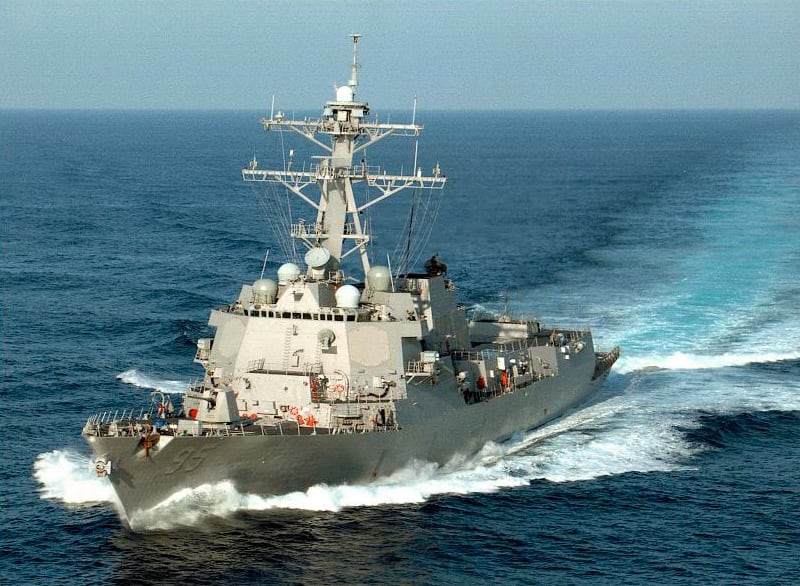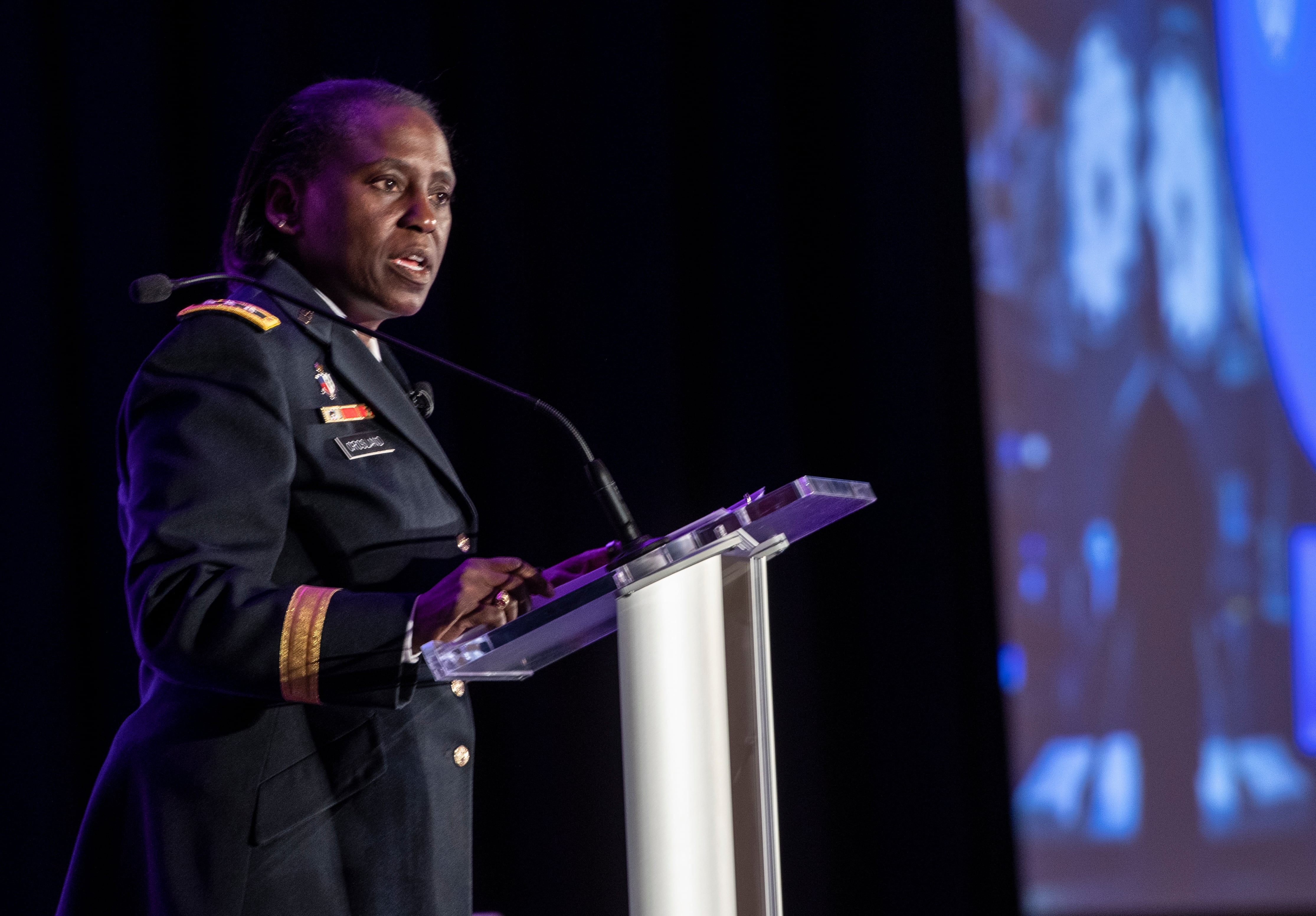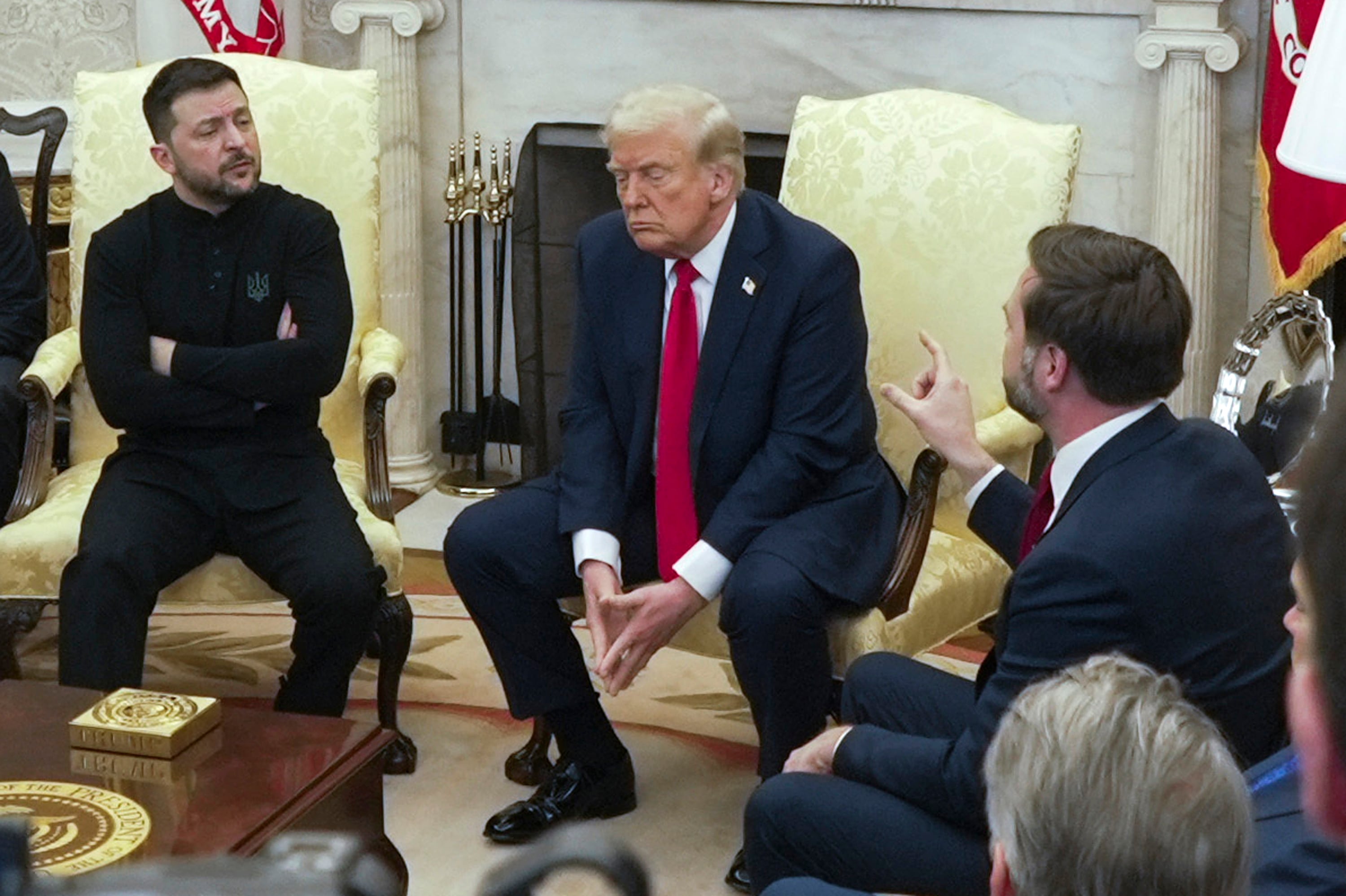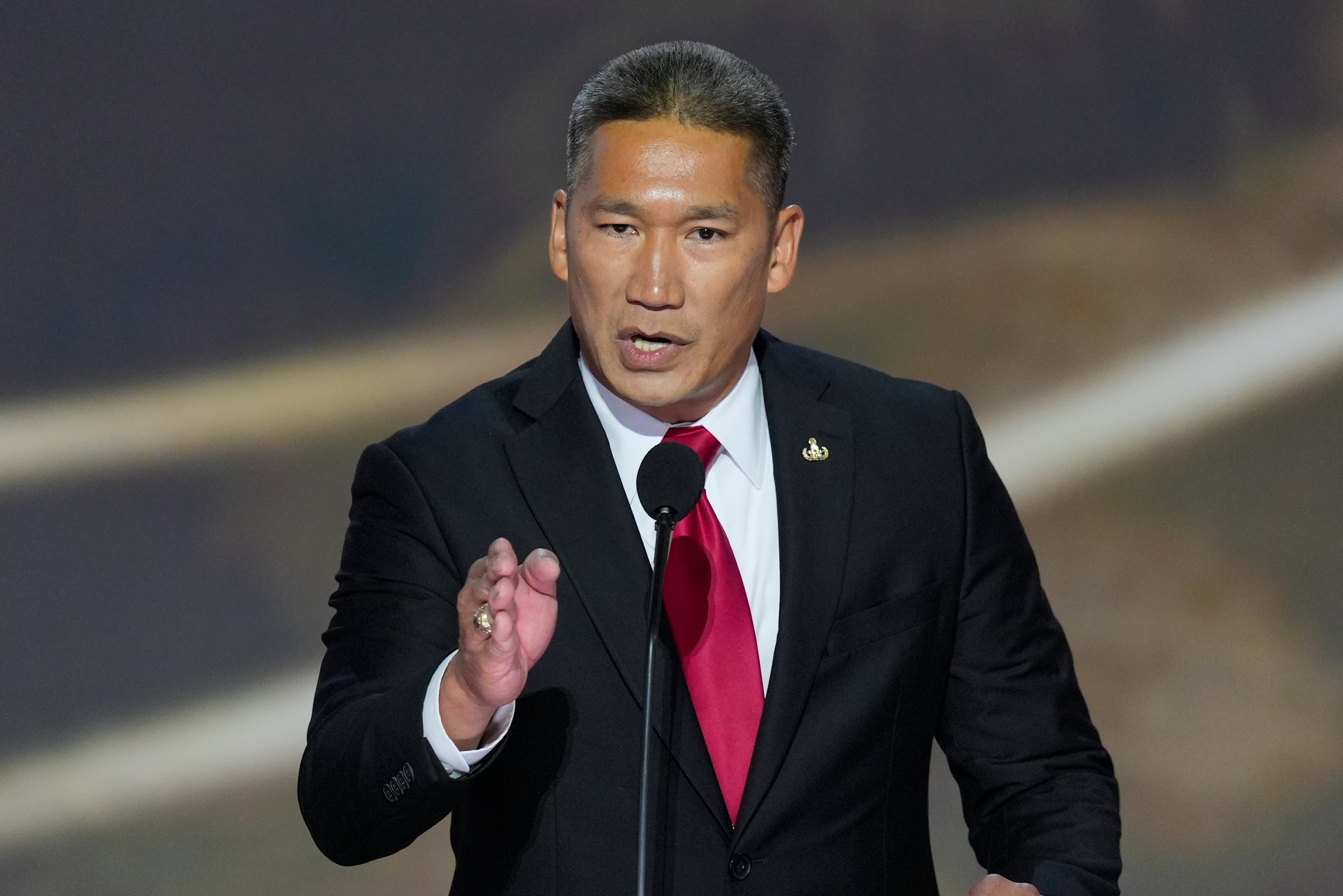The destroyer James E. Williams has claimed another career.
The executive officer of the star-crossedtroubled Norfolk-based destroyer who was slated to become its next commanding officer but instead was quietly cashiered. has been quietly transferred off the ship.
Cmdr. Chad Fella is became the fourth leadermember of the James E. Williams triad to have his career path jolted off course in the past year. Fella when he failed to earn the seal of approval from his chain of command to fleet up to CO.
The ship's entire triad — the CO, XO and command master chief — was taken to mast in October after an investigation into the death of Boatswain's Mate Seaman Yeshabel Villot-Carrasco, young boatswain's mate who committed suicide on the Williams last June while on deployment.
At the time of the sailor's death, Fella had just taken over XO duties from turned over with former XO and prospective CO Cmdr. Ed Handley, who was to return as the ship's CO after attending leadership training. when the suicide and a subsequent disastrous port visit to Seychelles, Africa, occurred and was not charged as a result.
Instead, outgoing CO Cmdr. Curtis Calloway, Handley and CMC Travis Biswell were all disciplined for dereliction of duty at mast Oct. 10, and command fell to Cmdr. Heidi Haskins, leaving Fella in place.
But Fella's performance as XO wasn't up to snuff, according to a Navy official with knowledge of the incident who asked for anonymity to spoke on background to discuss sensitive personnel matters.
Fella said in a July 10 statement that he was proud of what the ship accomplished in his yeartime there and that he was moving on to the next opportunity the Navy affords him.
"I am proud of what the crew of JAMES E. WILLIAMS accomplished while I served as their XO," Fella wrote. "It is a great crew that has risen to meet every challenge. The Mekong Warriors never ceased to impress me. I learned a lot from each of the three Commanding Officers I had, but when my twelve-month tour came to an end, it was time to move on. I look forward to seizing the next opportunity that the Navy offers me."
Officials declined to provide details about why Fella's fleet-up to CO was rescinded, citing privacy concerns. But they stressed that the relief was unrelated to the ship's command climate at the time of the suicide on deployment.A statement from Naval Surface Force Atlantic spokesman Cmdr. Jereal Dorsey said his command wouldn't get into the details of why Fella was not allowed to fleet up to CO, citing privacy concerns, but stressed that thecommand climate investigation in the wake of the suicide did not contribute.
"CDR Chad Fella was cleared of any misconduct during the 2014 Command Climate Investigation, which occurred shortly after he assumed duties of Executive Officer," Naval Surface Force Atlantic spokesman Cmdr. Jereal Dorsey said in a statement. "Additionally, the incidents that occurred aboard James E. Williams, which led to the investigation, had no bearing on CDR Fella not qualifying for Command.
"'Fleeting up' to Command is not an automatic step for Destroyer XO's, as they are required to certify and receive their Chain of Command's recommendation to assume command during their XO tours," he added.
Handley continues the fight to clear his name.
Disputed findings
The events that led to the downfall of three officers, and set the conditions for Fella's ultimate failure to assume command of the Williams, is as complex and twisted as it gets.
The 313-page command investigation report found the James E. Williams' top enlisted sailor, Biswell, failed to control a chief's mess that fostered a "culture of retribution" in which sailors were afraid to report to their senior leaders for fear of their chiefs. Furthermore, the report found neither the CO, Cmdr. Curtis Calloway, nor the XO, Cmdr. Ed Handley, did enough to address the poor atmosphere on board.

The destroyer James E. Williams has experienced recurring problems over more than a year as three officers and a command master chief have been ousted.
Photo Credit: Navy
Calloway's failure to hold chief petty officers accountable, concluded Carrier Strike Group 12 boss, Rear Adm. Andrew Lewis, "enabled a culture that empowered CPOs to target, belittle and bully junior Sailors."
"Cmdr. Calloway was either willfully blind to the problems on board his ship or he was in an extremely negligent state of denial," Lewis wrote in a Sept. 26 endorsement. "He owned the culture that, I believe, contributed to the suicide of [the boatswain's mate]."
Handley had turned over as XO with Fella three weeks before the suicide with Fella and was off the ship at leadership school, but was cited by Lewis for the breakdown of command programs, which failed to adequately support the sailor when she was in crisis.
But at the mast, conducted by Destroyer Squadron 2 commodore Capt. Fred Pyle, few of the stated reasons for the firings held up.
The charge of failed command programs was dropped and Handley was ultimately punished for failing to report Biswell for an alleged drunken antics alcohol-related incident in a bar overseas that Biswell had told Handley and Calloway about. Investigators concluded that Biswell should have been reported and taken to mast. Handley was also blamed for failing to provide forceful back-up to Calloway.
Biswell was found guilty of dereliction and drunk and disorderly conduct, even though accounts of the incident in the bar provided to investigators were second hand information based on a report by a sailor from a different command, given to another command master chief who wasn't present at the time.
Investigators said the staked part of their claim of an out-of-control chief's mess had led to an alleged sexual assault in Seychelles, where as many as four chief petty officers from Williams had sex with a junior sailor. But the incident was never proven and NCIS dropped its investigation after finding found no clear evidence that a rape occurred.
Aside from the somewhat mind-bending logic that formed the basis of the convictions, legal experts also called into question whether the legal process was fair to Handley and Calloway.
Some experts have questioned the fairness of the mast. Several experts who reviewed the case for Navy Times in February threw the penalty flag on the mast, saying the strike group commander may have unlawfully directed a premeditated outcome. The mast carried out by the DESRON occurred after his boss, the strike group commander, recommended mast; the DESRON commodore hadn't recommended punitive actions, raising the specter of undue command influence.
Handley was taken to mast and issued a punitive letter of reprimand, along with Calloway. The mast was carried out by their Destroyer Squadron commodore Capt. Fred Pyle after his boss, Rear Adm. Andrew Lewis, the strike group commander, recommended they be taken to mast — raising the specter of undue command influence over the DESRON's handling of the case.
Pyle's own recommendations in his investigation endorsement stopped short of any punitive actions for Calloway and Handley. But In a statement to Navy Times in February, Pyle said he was not influenced by his boss in his decision to take the officers to mast.
No further actions
Despite the dire tone of the investigation and publicity engendered by the report's findings, and the dereliction of duty charges, no further consequences have been meted out to Biswell, Handley or Calloway.
None of the fallen triad have been received a detached for cause, and none will face a board of inquiry or be forced to prove why they should remain in the service.
A statement from SURFLANT said simply that Handley and Calloway are assigned to SURFLANT and "both assigned to Commander, Naval Surface Force Atlantic following their relief as Commanding Officer and Executive Officer of USS James E. Williams and neither are pending additional administrative actions," SURFLANT said in a statement.
Things are also looking up for Biswell, who was in the unique position of being a command master chief with only 15 years in the Navy.
The Navy official who spoke on background said that because Biswell was under 20 years, he has been asked to submit a force-convert package to switch his rate back from command master chief to his original rate of operations specialist.
That conversion package must be approved by outcome has not been determined. his fate set to be determined by Navy Personnel Command.
David B. Larter was the naval warfare reporter for Defense News.





